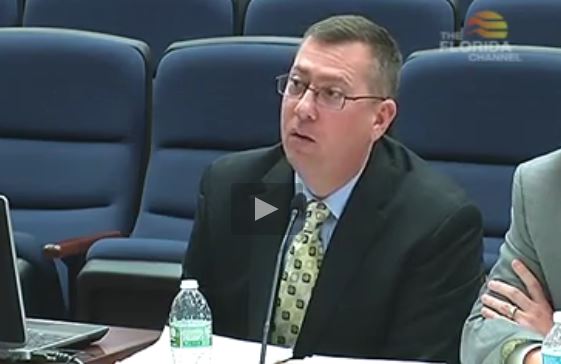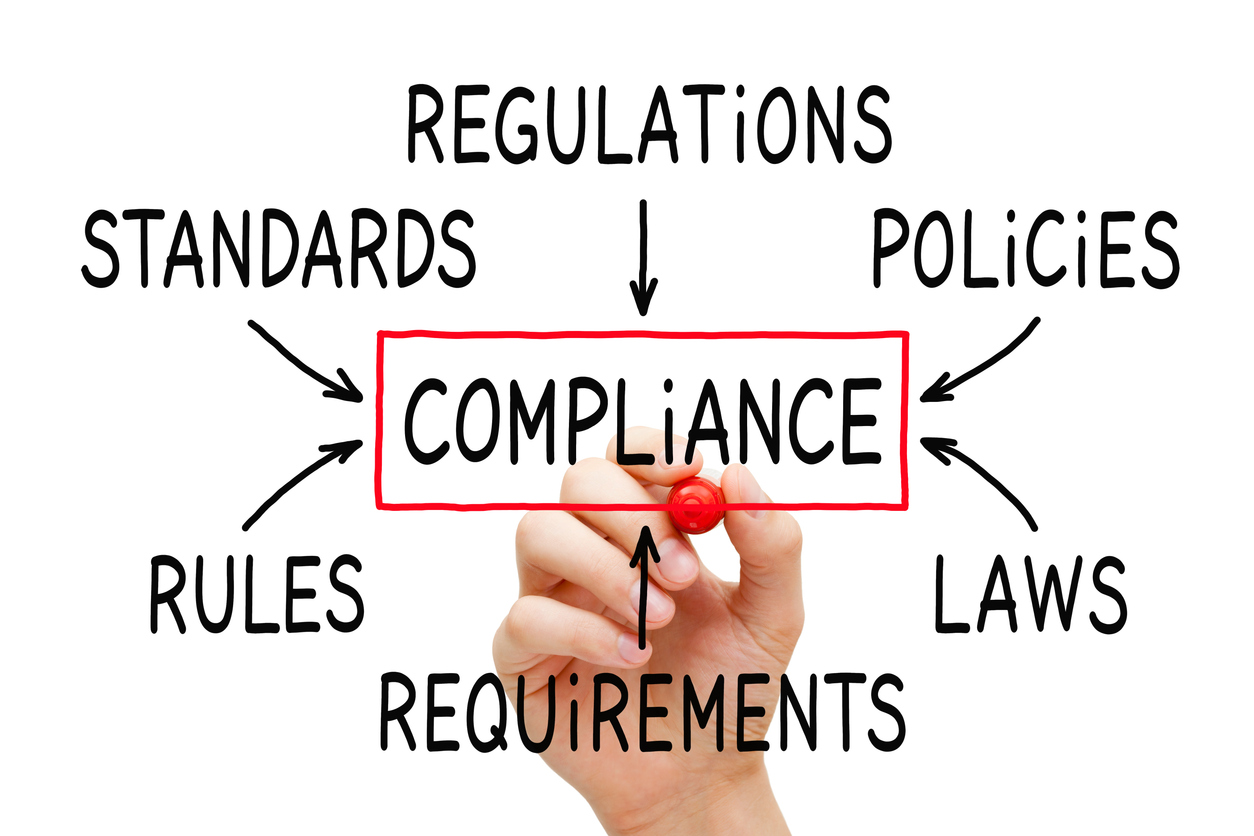Paul Handerhan has been a long-time leader regarding Florida’s insurance industry. Paul Handerhan carries the CPCU designation and is a Past President of the Florida Association of Public Insurance Adjusters. I have seen him testify in Tallahassee on insurance issues and he truly has a pulse on various legislative issues facing those involved with Florida’s legal scheme of property insurance law and regulation. He currently serves as the President of the Federal Association of Insurance Reform (FAIR) which used to known as the Florida Association of Insurance Reform. This is what FAIR says about itself:
Our focus is to find a common language and understanding of the issues. FAIR is about balance. Long-term public policy is best when all stakeholders have a place at the table. FAIR is for everyone. The FAIR Board of Directors are dedicated to achieving that balance by:
Establishing ongoing dialogue among insurance industry stakeholders to keep communications transparent.
Creating a road-map of reforms that will balance the interests of policyholders, consumer groups, attorneys, insurers, adjusters, insurance agents and others who are affected by insurance public policy.
Passionately advocating for long-term public policy that serves to better the market for every stakeholder, and provides insurance consumers with quality coverage for affordable rates.
Paul introduced me when FAIR gave an award to Amy Bach, as noted in, Amy Bach Honored by the Florida Association for Insurance Reform:
I am delighted that Paul has agreed to provide his comments and analysis of newly enacted SB 76 and SB 1598 today at 2 pm. Handerhan provided a summary of SB 76, and he will go much more in depth later today:
SUMMARY – Subsection (1)(a) prohibits contractors from advertising in any manner that would encourage or induce a consumer to contact the contractor or a public adjuster to make an insurance roof claim. The prohibition includes but is not limited to solicitation of any kind including in person, door hangers, business cards, magnets, flyers, pamphlets and emails.
Subsection (2)(a)(b) prohibits contractors from soliciting residential property owners, offering rebates, gifts, gift cards, cash, or anything of value in exchange for performing an inspection or making a claim. Moreover, Subsection (2)(c) prohibits contractors from offering, delivering, receiving referral fees for any services related to insurance claims.
Subsection (2)(d) prohibits contractors or any other person acting on their behalf of a contractor from interpreting insurance policies or offering advice as to coverage or an insured’s duties after loss. Subsection (2)(e) requires contractors to provide insureds with an agreement and itemized detailed cost of services for repairs made pursuant to an insurance claim.
Subsection (5) prohibits contractors from entering into contracts with residential insureds for roof repairs or replacement without providing the required notice of contractor prohibitions. Failure to provide the required notice creates a ten-day rescission period from the date of the execution of the agreement for the insured to cancel the agreement.
Any violation of this section can result in a $10,000 fine per occurrence.
Subsection (15) prohibits contractors from advertising, solicitation, handling and offering to handle claims unless compliant as public adjusters.
Subsection (20)(a)1.a.b. Prohibits public adjusters, apprentices or anyone acting on behalf of a public adjuster from offering a residential property owner any inducement, rebate, gift, cash, or anything of value in exchange for allowing a public adjuster, a contractor, or any person to conduct a residential roof inspection or for making a roof claim. Subsection (20)(a)2. Prohibits compensation including a referral fee to be given or received for a roof claim. Subsection (20)(b) allows for a fine of $10,000 per violation of this section. Subsection (20)(c) allows for a fine of $10,000 per violation for any individual that engages in unlicensed practice of public.
We did not discuss SB 1598 last week. It also is significant legislation which everybody in Florida’s insurance claim business should carefully read. Here is Paul Handerhan’s summary of that part of the new law:
SUMMARY – Subsection (9)(a) requires adjusting firms, including public adjusting firms, to be licensed. Subsection (9)(b) creates an exemption if the licensee is a sole practitioner who operates under their own name and has no employees or uses the services of other licensees. Subsection (9)(c) states If an adjusting firm is required to be licensed but fails to apply for licensure in accordance with this subsection, the department must impose an administrative penalty of up to $10,000. – Subsection (10) states any person who aids or abets in unlicensed claims adjusting is guilty of a felony in the third degree.
Subsection (6) allows policyholders 10 calendar days to cancel a public adjuster contract for all perils. Additionally, public adjuster contracts are now required to have the disclosure language above in 18-point bold type. This section applies to residential and commercial residential policies.
Subsection (11) requires public adjusters to provide a preliminary estimate of damages within 60 days after the date of the contract. This section applies to residential property and condo unit owner claims.
The new language (15) adds advertising, solicitation, handling and offering to handle claims as prohibitions for licensed contractors. The ability of a contractor to discuss or explain a bid remains only ‘if the contractor is doing so’ for the ‘work to be performed as stated in the contract between the contractor and the insured.
The language in (19) is expanded to include the word ‘licensed’ before public adjuster. Subsection (c) includes a prohibition on making an ‘offer to initiate or negotiate a claim’ and Subsection (d) further expands the prohibition to include advertisement of ‘any services that require a license as a public adjuster’.
Additionally, the newly created sections (20) specifically provides the Department of Financial Services with the authority to take administrative actions against violators of this section.
Newly created section (21) creates a prohibition against payment of fees from any source to a public adjuster or apprentice who solicits a claim but does not enter into a contract with the insured. This language is in direct response to the activity of loss consultants who are not signing public adjusting contracts and colluding up with attorneys to solicit claims.
Here is the link for today’s Tuesday @2 With Chip Merlin.
Thought For The Day
Change is the law of life. And those who look only to the past or present are certain to miss the future.
—John F. Kennedy




